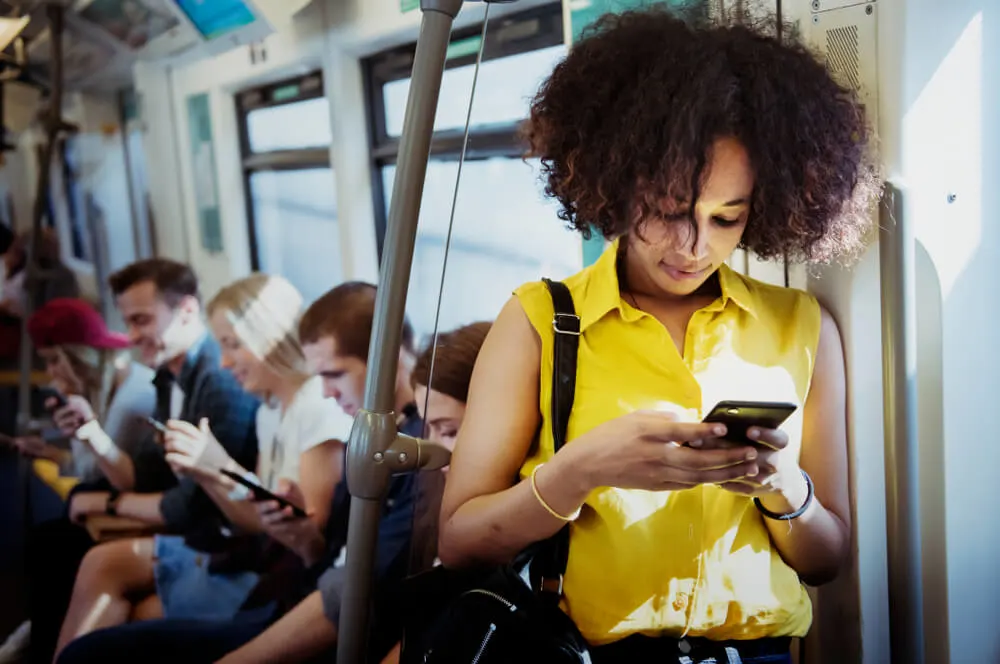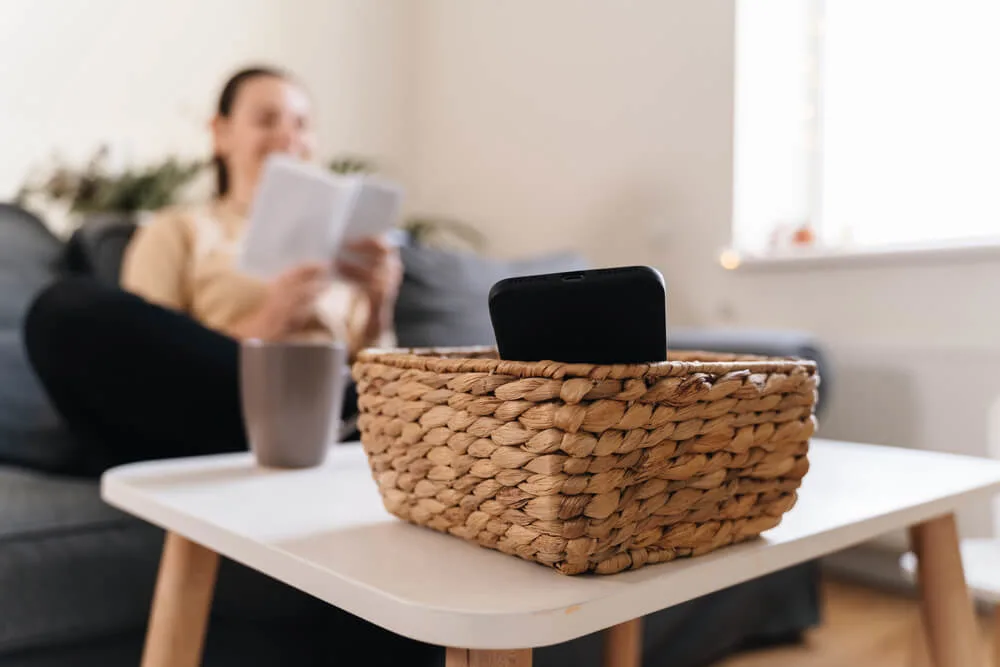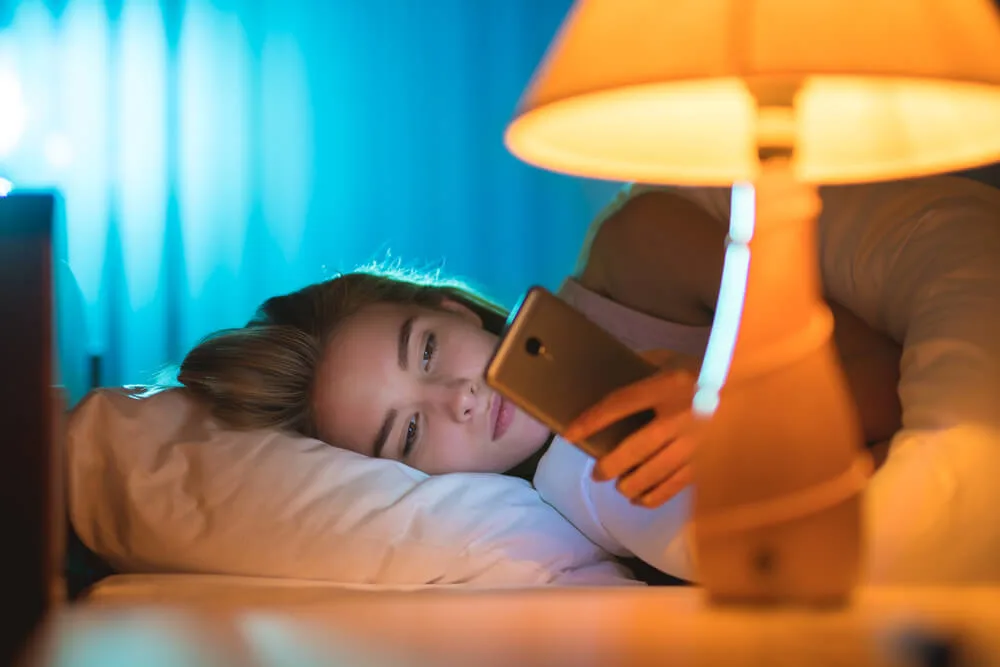Social networks are inevitable today and take up too much time. We all know that very well!
Have you ever wondered how many people use social networks and what is the average daily usage of social networks?
According to the study, statistics say the following: In 2022, some 3,9 billion people use social media, which is more than half the world’s population.
On average, people spend 147 minutes, or two hours and twenty-seven minutes, on social media daily.

We spend six years and eight months on social networks compared to the average global lifespan.
Don’t those numbers look a bit overwhelming? If you are an average user of social networks who enjoys them, they don’t affect you too much.
And that’s fine. If social networks have been bothering you for some time and you are thinking of stopping using them, you might look at these numbers with different eyes.
It is challenging to stop using social networks. The serious minds behind them think of ways to keep you on them as much as possible. It is not an easy task at all.
The miraculous algorithm works its magic and will always try to find ways to occupy your attention.
But how do you stop using social networks when everyone is on them? There is a saying, “If you’re not on social media, it’s as if you don’t exist.”
You don’t have to stop using social networks completely.
Maybe you just need a little detox from them. The benefits of disappearing from social networks or at least minimizing their usage are:
You will have much more time

Having more time after quitting social media is somehow the most logical. Our time on this planet is precious, and we should spend it in the best possible way.
Who knows what you can discover about yourself with all that new time at your disposal. Maybe you can try a new hobby, sport or enjoy more the things you already do.
You will “enjoy the moment” more

You must have heard the expression: If it didn’t happen on social networks, did it really happen?
Unfortunately, today everything we do has to end up on social networks so everyone can see it. Every sunset, a child’s first step, a delicious meal, everything has to go through filters and be shared with the public immediately.
If you constantly burden yourself with having to record and share every precious moment, you will lose the joy of enjoying them. It’s ok to record those moments, but it’s more important to experience them.
You know, when you go to a concert, and everyone is filming with their phones to post on Instagram stories. You try the old-school approach, don’t record, but concentrate on the show.
We promise you will have a better time than the others.
You will conquer the fear of missing out

The fear of missing out or FOMO is the fear of not being included in something others are experiencing.
Are you wondering where your friends went out last night? Or maybe you are interested in the latest global political news? And the latest memes, have you seen them all?
Our brains are addicted to information. Today, all possible information is available in a few clicks, so the expression that the world has become a global village makes sense.
That fear of missing out on some information can go so far that you fear you won’t be up to date with new events, and that’s why you must follow up on everything anxiously.
Information is necessary for us, just as food is necessary. But just as we can get addicted to junk food, so we can get addicted to junk information. Avoid junk information as you avoid junk food.
You will stop comparing yourself with others
Admit it or not, social networks create competitiveness.
We want to show only the best that happens to us on social networks, from a bright smile to a shiny new car.
In addition, likes under our posts are instant gratification of our success.
Likes, followers, views, it’s easy to become envious and anxiously await the next notification for that sweet dopamine fix.
If that bothers you, just don’t participate in that competitive circle.
You will reconnect with the real world more

You’re so used to online friends and relationships that you’ve drifted away from real ones.
We are not saying that online friends cannot become real friends too.
It is often the case that people who are super popular on social networks are lonely in real life.
Maybe focusing on friendships outside social networks will help you better understand your real friends and who cares about you.
To sum it all up, all these benefits will improve your mental health

Multiple studies have shown a link between a social media addiction and an increased risk of depression, anxiety, loneliness, low self-esteem, etc.
First, you will sleep better, and we know how essential sleep is for us. A 2021 study found that limiting social media use for a week improved well-being by preventing sleep problems.
Stress, ongoing competitiveness, and FOMO it’s all a threat to your mental health. By eliminating them, you will allow yourself a more relaxed and fulfilling life.
Even if your job is related to social networks, allow yourself a little break from them. That little break can bring you a lot because your creativity and ideas can blossom during that time while you’re off social media.
In conclusion, you don’t need to disappear from social media forever
Keep up your thing if you think you don’t use social media too much and are not bothered by them. If they still bother you, you might try limiting them to an hour a day. That doesn’t bring results either?
You can try not to use social networks for a week or a month. There are many options. In any case, do them as they suit you, and you will see the benefits of it.
